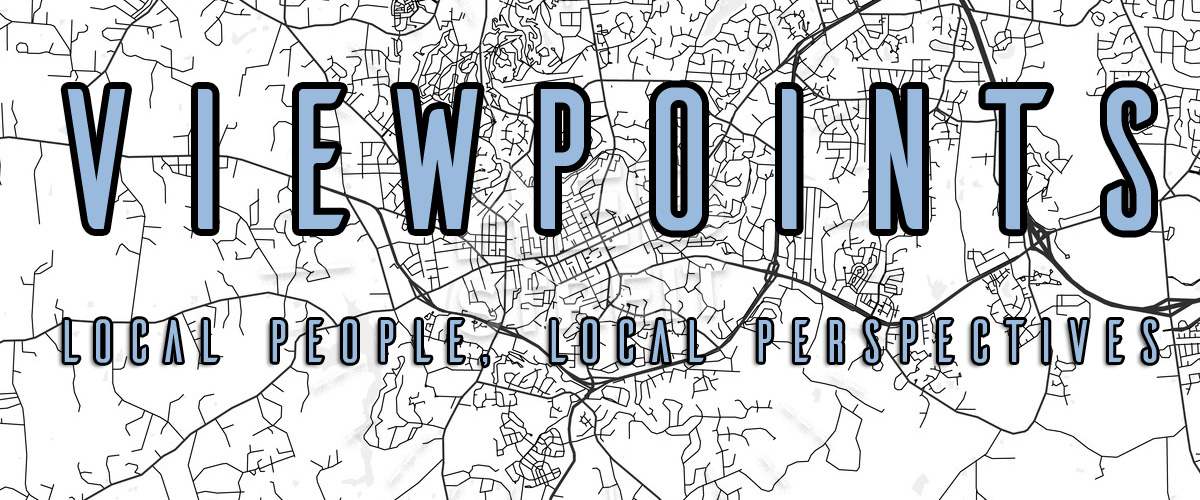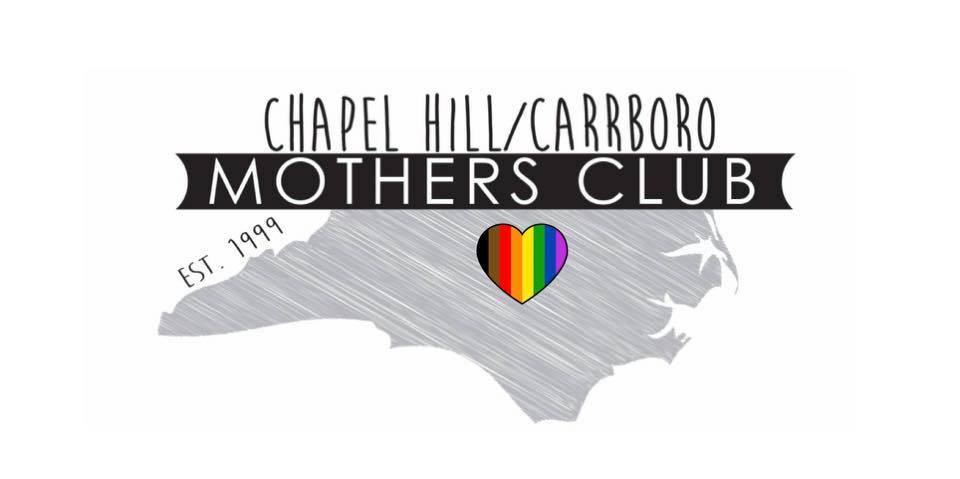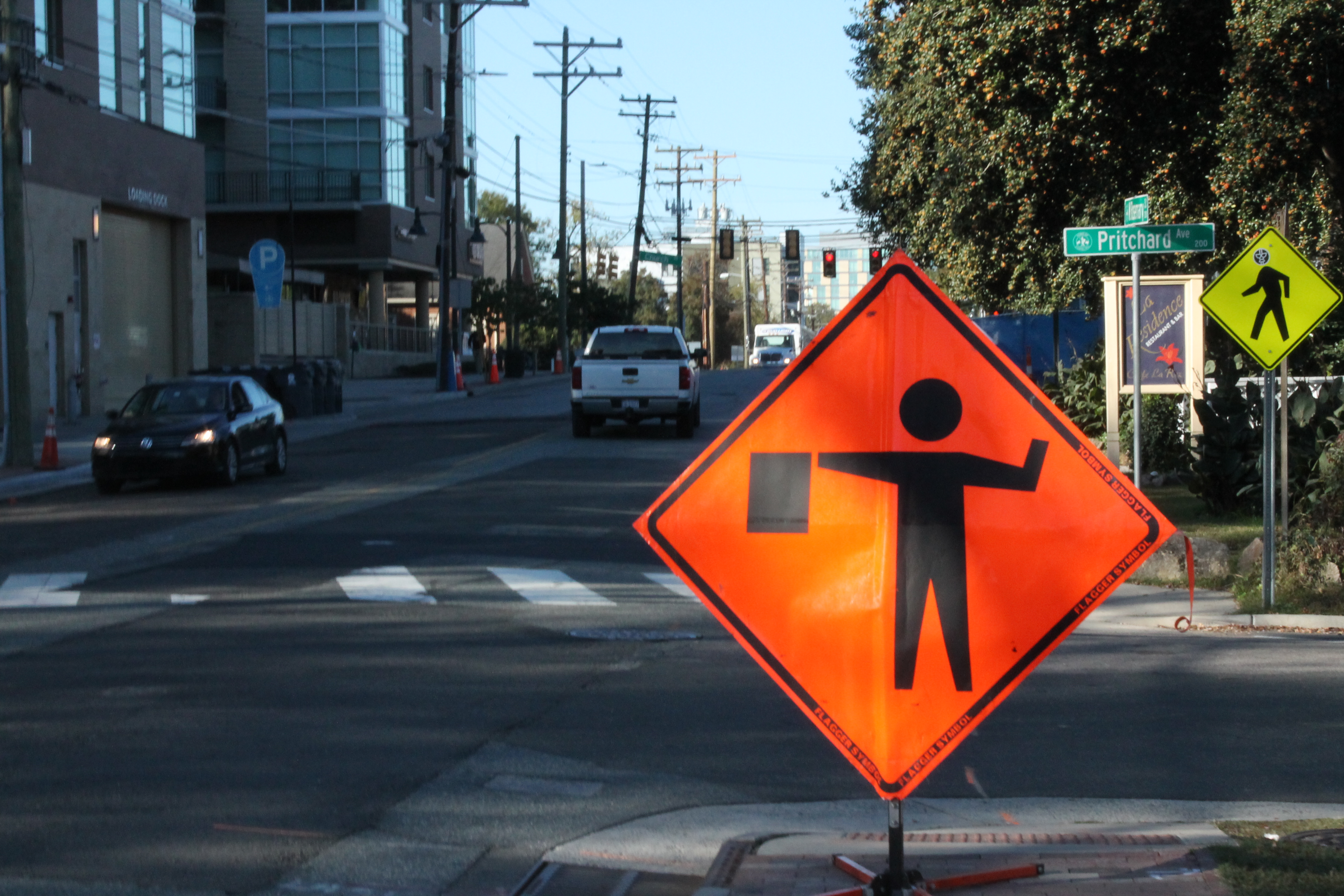
50 Cent or 20 Cent?
A perspective from Joseph Stipp
(Editor’s note: this “Viewpoints” column was submitted on November 19, 2020. Chapelboro publishes the submissions we receive in the order we receive them.)
“Yeah, I don’t want to be 20cent. 62% is a very, very, bad idea,” tweeted award-winning rapper 50 Cent in the weeks leading up to the 2020 presidential election. Referring to the expected tax spike if Democratic challenger Joe Biden is elected, 50 came out in support for President Donald Trump. In a culture where tweeting support for Trump can get you fired from your job within a day, you can already assume what the responses from the social media community were. Why was he willing to support Trumps bid for reelection knowing the backlash he would face? I believe it might be representative of a broader trend of some Black voters switching sides in America.
50 Cent’s tweets were followed by a small storm of African American celebrities and elites who came out to also voice their support for Donald Trump. Most of social media seem shocked. Where the hell did all this support come from? I remember my friend (a Biden supporter) saying right before the election “for as long as I can remember I’ve been told that if someone is Black, they support the Democratic party, right?”
Well at least we know that’s what Joe Biden thinks, saying that “if you have a problem figuring out whether you’re for me or Trump, then you ain’t Black.” I guess a lot of African Americans aren’t truly Black, because in the election we saw record numbers of African American voters turn out for the man in red.
Now let me frame what I mean by a record number. Historically the Black voter share has been dominated by Democrats. In 2008, 95% of Black voters voted for the wildly popular African American candidate Barack Obama. In 2012, 93% did again, and then in 2016 slightly less as 89% of Blacks voted for Hillary Clinton. These are obviously incredibly good percentages, but here’s where it gets interesting.
In 2020, riding the wings of the pandemic and an African American vice president as well as having previously been vice-president to Barack Obama, Joe Biden should have seen a record number of Black voters with the same high percentages that Obama got. However, that wasn’t the case — and honestly, it wasn’t even close. Trump actually gained more support from Black voters when they were supposed to go historically the other way. Overall with minorities, Trump did much better and gained a 4% advantage in votes received. Is it time for the Democrats to start ringing alarm bells about this? Maybe it is.
4% points is quite a big margin for a Republican candidate to gain with minorities and considering they usually receive a higher portion of the white vote, which is the majority of voters most of the time, it’s an interesting thing to keep our eyes on moving forward. Trump also did exceedingly well with young Black voters. Almost 44% of Black voters between the age of 18-29 voiced support for Trump in polling done before the election. 44 PERCENT! That might be telling for future generations to come.
This is all to say that future elections probably will not be getting any less contested moving forward, regardless of what pundits on both sides seem to say. More white voters, especially women, might be turning to the Democratic party but if Republicans can find a way to continue these trends and make bigger gains with African American and Hispanic voters then it might be quite an interesting next few years.
Featured photo via Richard Shotwell/Invision/Associated Press.
Chapelboro.com does not charge subscription fees. You can support local journalism and our mission to serve the community. Contribute today – every single dollar matters.
Related Stories
‹

Viewpoints: The Town Council's Decision on 1200 MLK DevelopmentThe Town Council’s Decision on 1200 MLK Development Submitted by Pam Hemminger Earlier this week, the Chapel Hill Town Council voted to approve a controversial plan for redevelopment at 1200 Martin Luther King Jr. Blvd. which guarantees that an existing mobile home park will remain open for at least fifteen years in exchange for redevelopment of […]

Viewpoints: Our Home Is Not a Pit StopOur Home Is Not a Pit Stop A perspective from Jared Cates, Lamar Proctor, Heather Smith and Del Ward On January 19, the Orange County Board of Commissioners met with Buc-ee’s representatives Beth Trahos and Stan Beard to consider Buc-ee’s rezoning request for their proposed Efland Station development. Board members voiced significant concerns over several aspects […]

Viewpoints: What Chapel Hill Can Learn from the UKHow the UK Saved Unsheltered Lives and What Chapel Hill Can Learn A perspective from Alana Gilbert “Stay at home.” An important phrase you’ve heard since March as the world continues to fight the spread of COVID-19. But what about those without a home? Public health officials have repeatedly pushed mitigation measures to wash your hands […]

Viewpoints: Updates on the East Rosemary Redevelopment ProjectUpdates on the East Rosemary Redevelopment Project A perspective from Pam Hemminger On September 30th, the Town Council voted to move forward on a project to construct a new parking deck on East Rosemary Street as part of an overall strategy for economic development in downtown. (What A New Parking Deck Will Mean for Chapel Hill) […]

Viewpoints: To Reopen, or Not To Reopen?To Reopen, or Not to Reopen? That is the Question for Orange County Elementary Schools A perspective from Swetha Ganesan As we approach our 9-month anniversary of quarantine due to COVID-19, North Carolina and many other states are searching for ways to safely bring back a sense of normalcy (or at least as close to normalcy […]

Viewpoints: A Positive ForceA Positive Force: The Chapel Hill-Carrboro Mother’s Club A perspective from Lynne Privette In these times of division and separation, I am (thankfully) blown away by our community’s ability to come together. In this case, the local Mother’s Club (Chapel Hill-Carrboro Mother’s Club) has provided unwavering love and support — a positive force when so much […]

Viewpoints: The Urgency of the Refugee CrisisThe Global Refugee Crisis Is More Urgent Than Ever: America Must Raise the Refugee Cap A perspective from Marc and Kim Wyatt For decades, the United States has been a global leader in protecting the lives of refugees. As missionaries, we believe that caring for the suffering and disadvantaged is at the heart of the […]

Viewpoints: The Minimum Wage and Moving ForwardThe Elitist Attitude of Carrboro A perspective from Enrique Latoni I, like many Americans, watched the final Presidential debate. As I sat on my couch trying to listen in on what each candidate had to say while my dad enthusiastically yelled at the TV as if he was at some concert, one particular issue stuck […]

Viewpoints: Visitation in Long-Term Care Facilities During COVIDVisitation in Long-Term Care Facilities During COVID: Improving Well-Being, Reducing COVID-19 Spread A perspective from Emma Dries & Nathan Boucher The N.C. Department of Health and Human Services recently allowed indoor visitation at long-term care facilities in our state. This order came in the wake of North Carolina’s entrance into Phase 3. The guidelines for visitation […]

Viewpoints: What a New East Rosemary Parking Deck Will Mean for Chapel HillWhat a New East Rosemary Parking Deck Will Mean for Chapel Hill A perspective from Pam Hemminger Over the past 10 months, the Chapel Hill Town Council has been discussing proposed redevelopment along East Rosemary Street that would include construction of a parking deck by the Town and development of a new 200,000+ square foot […]
›












